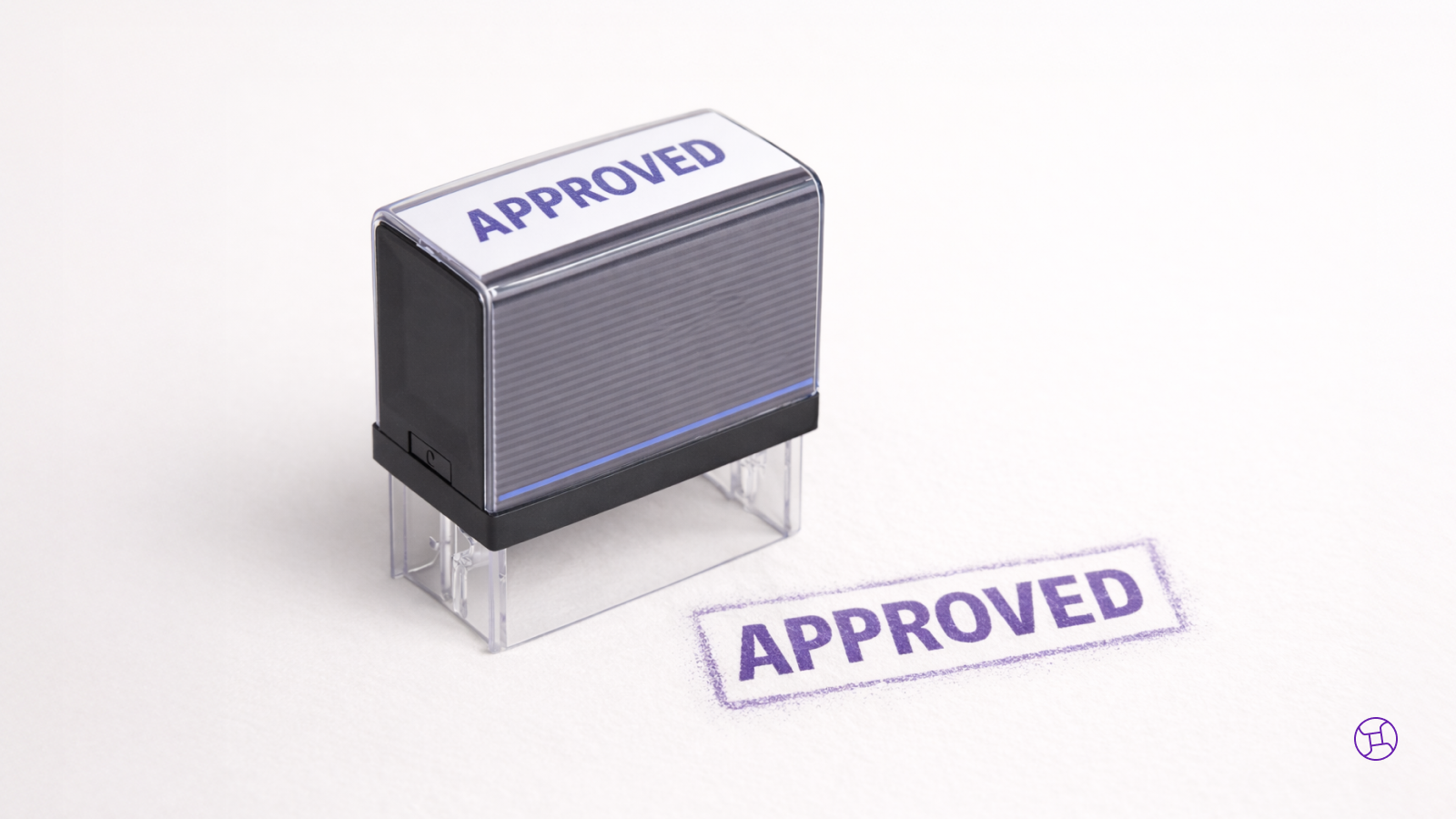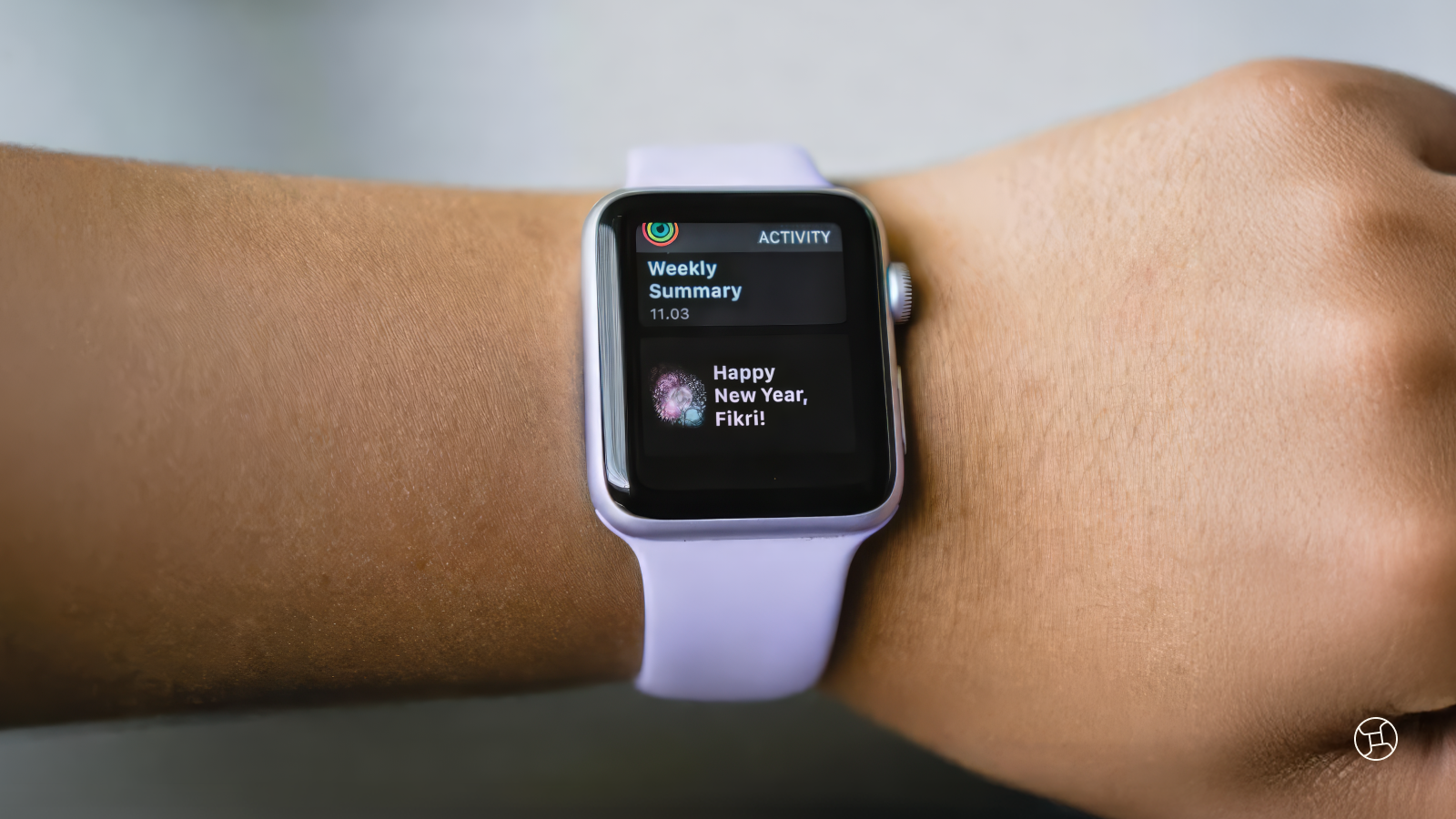It takes so much energy trying to understand how the NDIS works that it can be easy to forget that it belongs in a broader web of systems, designed for a bigger goal.
Often, the biggest goal many of us have around the NDIS is simply… understanding it.
We can overlook how important it is to understand other government systems like the Health, Education, Employment and Aged Care systems, and their role in supporting people with disabilities.
By understanding these systems, their responsibilities and how they are different to the NDIS (and sometimes, where they overlap), you can be a stronger advocate for getting the right supports, from the right people, for yourself or others.
Unfortunately, there’s no instruction manual for how it all works together.
So, we produced a webinar that takes you through each of the government systems (Health, Education, Employment and Aged Care - in that order). You can learn about what each system should cover, what the NDIS is responsible for, and things the NDIS won’t cover.
Why doesn't the NDIS fund everything?
The NDIS will fund supports that it deems ‘Reasonable and Necessary’, which ultimately means that what your asking for must:
- Have a clear link to the goals you set in your NDIS plan.
- Help you live well in society or support you in getting a job.
- Present value for money. This doesn’t mean that it can’t be expensive, but the cost of the support should match up with the benefit it offers.
- Be something that you can’t normally get from your family, carers, or other groups in the community.
- Be something that you couldn’t adequately receive from other systems or services. In other words, the NDIS is the only good option for you to get this support.
The last point in that list is the trickiest and what causes most of the headaches around what you can or can’t buy with your NDIS plan.
If you don’t know what these other systems or services are supposed to give you, it becomes hard to know where to go to get what you need. Do you turn to the NDIS, or somewhere else?
What the NDIS will fund, by government system
The first, and most logical, question people ask when they need something is “Will the NDIS fund this?”
We’ve put together some lists of things that are covered by the NDIS that are related to each government system: Healthcare, Education, Employment and Aged Care.
We haven’t included everything and things can change, so be sure to stay up-to-date on what’s happening in the scheme. You can also find more detail in our webinar here.
Health-related supports the NDIS can fund
The Healthcare system and the NDIS can seem like two very similar systems at first glance. The key difference is that the NDIS is only focussed on providing support for disability, rather than medical or health-related needs.
However, since the two can be so connected there are certain types of supports that the NDIS does fund.
For example, the NDIS can fund
- Supports for helping people going to the toilet
- Supports to assist breathing
- Food and eating related supports
- Supports to assist with swallowing
- Pressure wound supports
- Epilepsy supports
Educational supports the NDIS can fund
The NDIS is responsible for providing things that you would need day-to-day in your school, TAFE or uni that aren’t related to learning. Learning-related supports are the responsibility of the educator.
For example, the NDIS can fund:
- Things related to personal care and support at school
- Transport to and from school
- Help for people to transition to higher education, training or work if that would be difficult for them due to their disability
- Specialised training for teachers and staff so that they can best support a student’s specific needs. For example, by creating a specialised behavioural plan
- Supports that put students on the right path toward living independently and practising self-care
- Supports that help students gain confidence socially and improve their communication skills
Employment-related supports the NDIS can fund
The NDIS offers funding to support young people from when they first start to think about getting a job, to when they have left school and are actively looking for work.
When young people over 14 years are thinking about work, the NDIS can provide funds to help:
- Figure out what what they want to do for their career
- Build skills in work tasks
- Overcome any barriers they might be experiencing when finding or keeping a job
- Build skills that will be supported in the separate Disability Employment Service (‘DES’)
When students under 22 years have left school or are finishing school soon, the NDIS can offer School Leaver Employment Supports to help them get ready for the workforce.
The NDIS and the Aged Care system
The NDIS and Aged Care system operate independently.
To enter the NDIS, you must be under 65 years old. This doesn’t mean that the NDIS kicks you out at 65. If you turn 65 while in the NDIS, you can choose to remain in the scheme or move to the Aged Care system.
Where things get complicated is when some people on the NDIS live in residential aged care facilities (RACF), and so understanding who is responsible for which payments can get difficult.
An important support that the NDIS can offer is helping people move out of residential aged care facilities. Funds can cover:
- Supports that help people prepare for living out of a residential aged care facility
- Other types of housing situations, like:
- Specialist Disability Accommodation (SDA)
- Individualised Living Options (ILO)
- Supported Independent Living (SIL)
- Making modifications to an existing house or home
- Having personal care supports at your home
Aged Care and the NDIS is a complex combination. Our webinar on how all these government systems interact explains their relationship in more detail, including important processes and rules you should know.
The NDIS is just one piece of the puzzle. It’s important to empower yourself by understanding the full picture of how everything works together. That way, you can be the best advocate for the supports that you, your family member, or the people you work with, need.
To learn more about what is and isn’t covered by the NDIS, check out the recording of our webinar: The NDIS and other government systems - How they interact.

We’re passionate about helping you understand the NDIS so you can get back to more important goals in your life. Our Plan Managers feel the same. Head to our Plan Management page to learn more about them or get in touch here.



